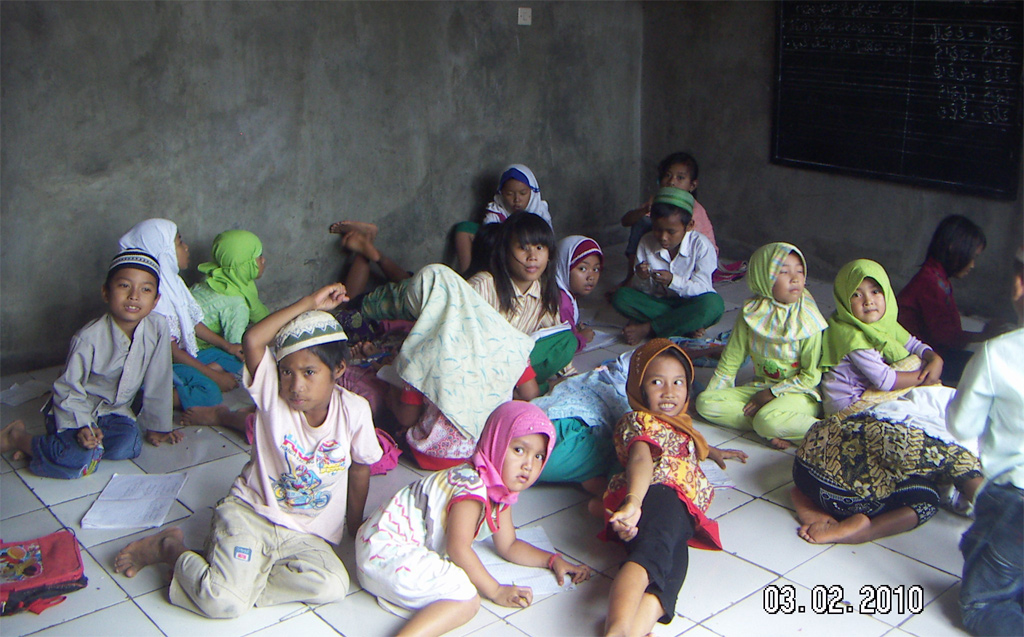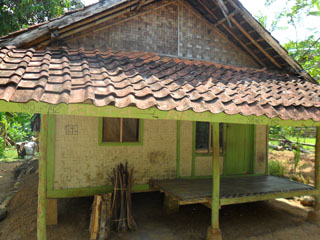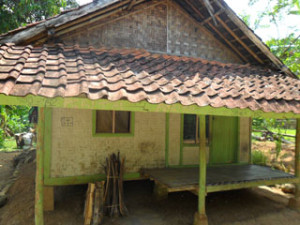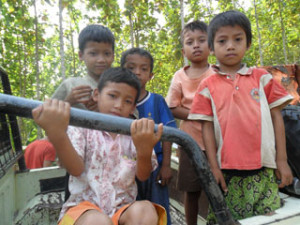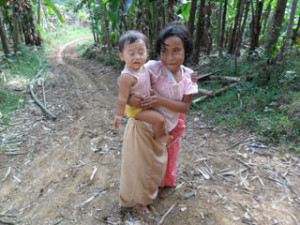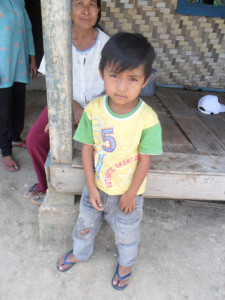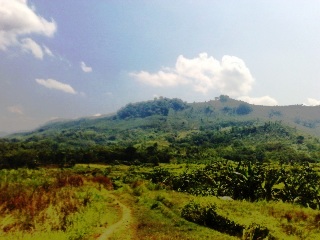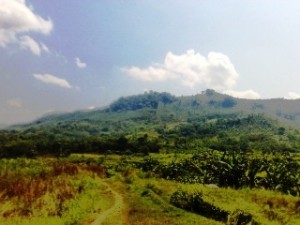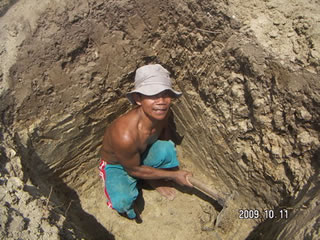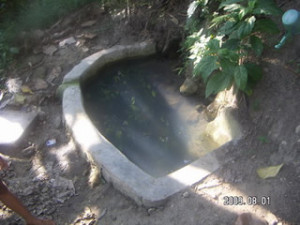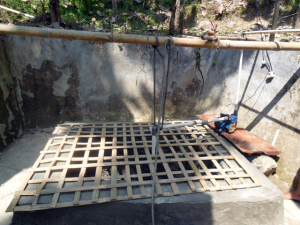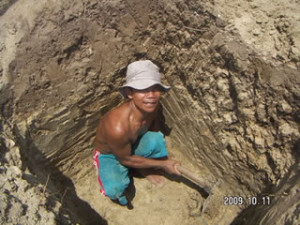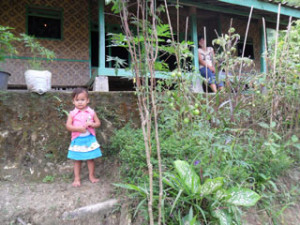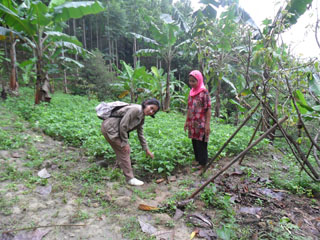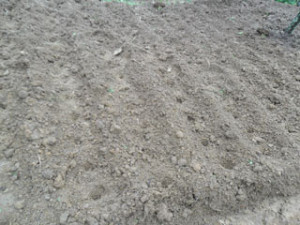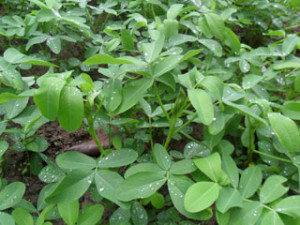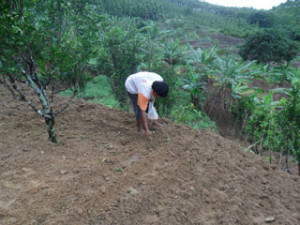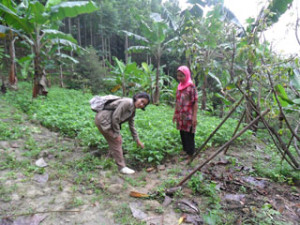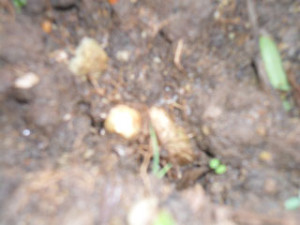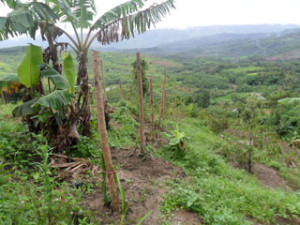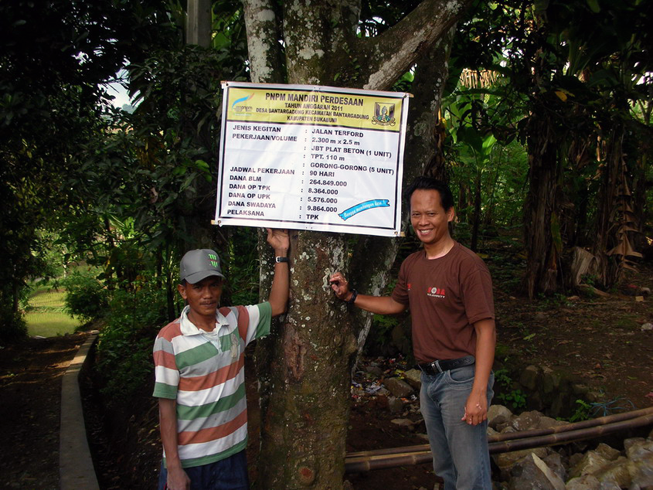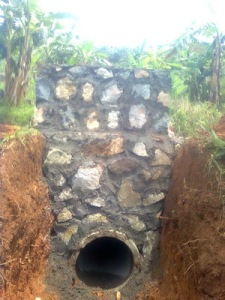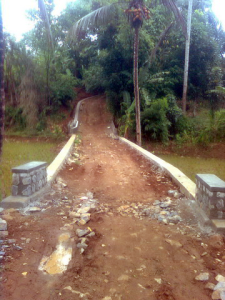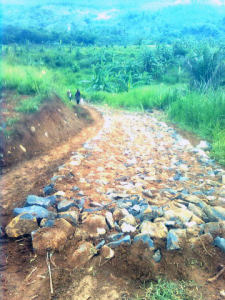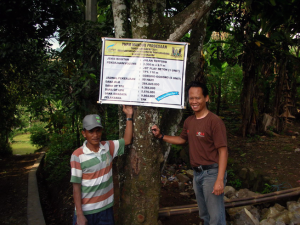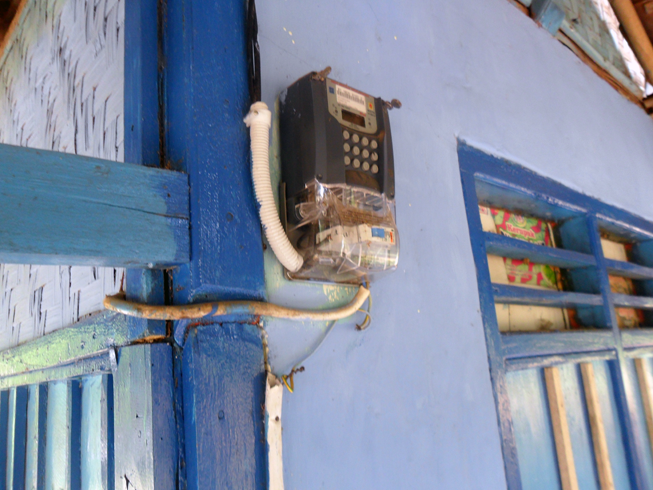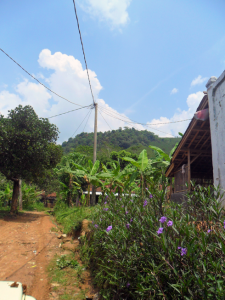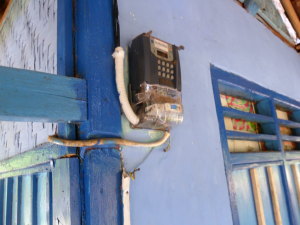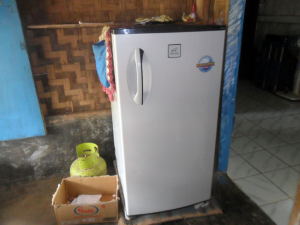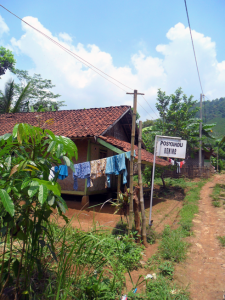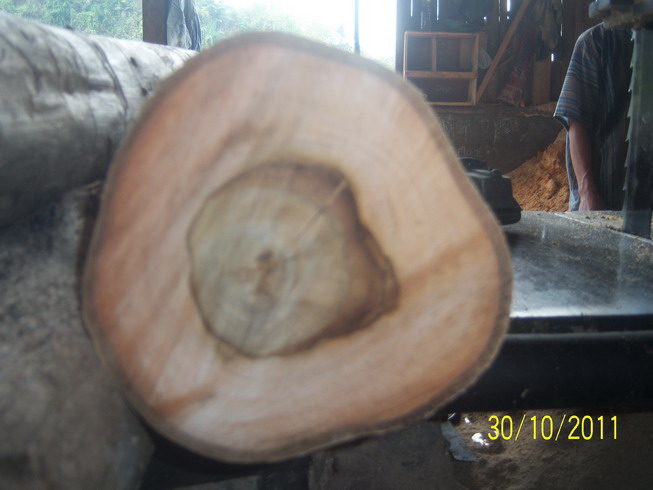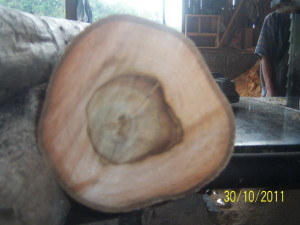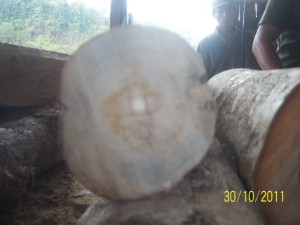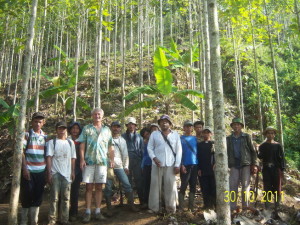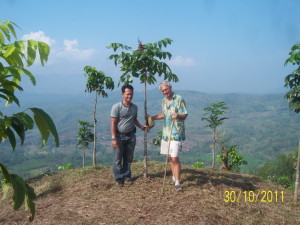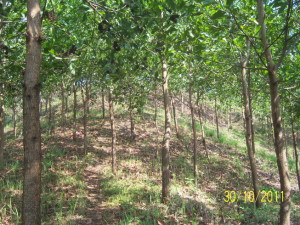For the young trees which planted in February 2009, they are thirty months old now, and about 10 or 12 meters tall, but for the young trees which planted at the end of March 2009 they are about 7 or 8 meters tall. The shortest trees are the trees which replanted at the end of April, because they did not survived from teak decease or hot weather. In 1 or 2 years, the shortest trees will be as tall as the tallest ones. In a growing period the trunk will be bigger and taller and the root become stronger, especially for a “Solomon” type where the tree will grow high with less leaves. Small branches will disturb the growing of the trunk, so unnecessary branches should be cut.
It is necessary to look after the soil, it should be free from gulma or weed around the tree, this will give the tree and its root receive enough nutrition and sunrise.
All trees, teak, acacia, mahogany, durian, mango and durian have received the same treatments, giving insecticide, fungicide or fertilizer if necessary. Water is also important, although teak is a strong tree but during the growing period it needs a lot of water.
Who does all of those things? Off course Guardians, do they live as well as the trees do? Pak Parid is one of two supervisors in Goldteak plantation. He and his family have been living in plantation since Goldteak opened the first 20 ha teak plantation in Cibening more than 7 years ago. He is a role model of a good, active, diligent and responsible guardian, more than that he also started to be entrepreneur. When he moved to the plantation, he did not bring anything but his wife and 5 from 8 children they have.
Goldteak provided him with a bamboo house and small yard around the house. Every day, when he has a break time of after finishing the job he takes care his goats, chicken and his yard, now he has 3 goat houses with more than 5 goats and lambs, he has more than 30 chicken and a yard full with fruit and vegetable. Two of his sons, Kusnadi and Dede P, have followed his step and become entrepreneurs too, they also have several goats. Before Lebaran, Dede P sold his goats and bought a second hand motor bike that would help him and family travel to places.
Some of the guardians have tried to follow pak Parid’s way, but will they be like pak Parid? We have to be optimist because all teachers at SD Cibeureum and Goldteak will help the guardians and all children in Cibening village to have a good future.
